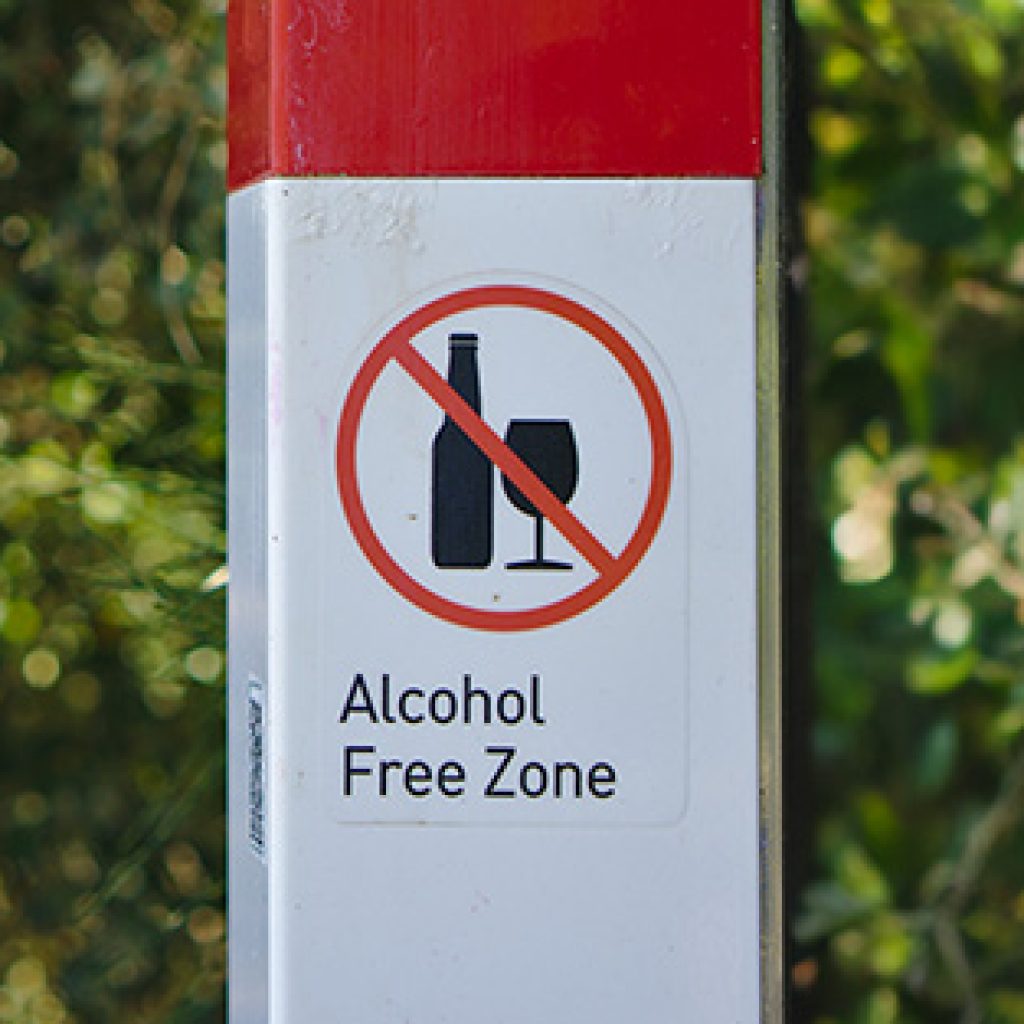Understanding the Intersection of Sexual Assault Awareness Month and Mental Health: A Call to Action for Providers
April marks the observance of Sexual Assault Awareness Month (SAAM), a time dedicated to raising public awareness about sexual violence and educating communities on how to prevent it. For mental health providers, SAAM presents a crucial opportunity to address the profound impact of sexual assault on survivors’ mental well-being and to advocate for trauma-informed care. In this blog post, we’ll explore the intersection of SAAM and mental health, discussing the challenges survivors face, the role of mental health providers, and actionable steps for promoting healing and empowerment.
The Impact of Sexual Assault on Mental Health
Sexual assault is a traumatic experience that can have devastating effects on an individual’s mental health. Survivors may grapple with a range of psychological symptoms, including post-traumatic stress disorder (PTSD), depression, anxiety, and dissociation. These conditions can significantly impair daily functioning and quality of life, making it essential for mental health providers to offer compassionate and comprehensive support.
One of the most challenging aspects of addressing sexual assault in a therapeutic context is the stigma and shame that survivors often carry. Many individuals struggle to disclose their experiences due to fear of judgment or disbelief, leading to feelings of isolation and self-blame. Moreover, societal attitudes and misconceptions about sexual violence can further compound survivors’ trauma, making it crucial for providers to create safe and validating spaces for healing.
The Role of Mental Health Providers
As trusted allies in the healing journey, mental health providers play a vital role in supporting survivors of sexual assault. By offering evidence-based treatments such as psychodynamic psychotherapy, trauma-focused cognitive–behavioral therapy (TF-CBT), eye movement desensitization and reprocessing therapy (EMDR), somatic therapy, and mindfulness-based interventions, providers can help survivors process their trauma, develop coping skills, and reclaim a sense of agency in their lives.
In addition to individual therapy, mental health providers can also facilitate support groups and workshops tailored explicitly to survivors’ needs. These group settings offer a sense of support and validation, allowing survivors to connect with others who have shared similar experiences and foster a sense of community and empowerment.
Furthermore, mental health providers have a duty to advocate for systemic changes that address the root causes of sexual violence and promote survivor-centered policies and practices. This may involve collaborating with community organizations, participating in advocacy efforts, and raising awareness about the importance of consent, boundaries, and healthy relationships.
Actionable Steps for Providers
During Sexual Assault Awareness Month and beyond, mental health providers can take several actionable steps to support survivors and promote awareness:
- Educate yourself: Stay informed about the latest research, best practices, and resources related to sexual assault and trauma-informed care.
- Create a safe space: Foster a welcoming and nonjudgmental environment where survivors feel heard, validated, and supported.
- Advocate for survivors: Speak out against victim-blaming attitudes and advocate for policies and services that prioritize survivors’ needs and rights.
- Collaborate with other professionals: Work collaboratively with law enforcement, medical professionals, and community organizations to ensure a coordinated response to sexual violence.
- Promote prevention efforts: Engage in community outreach, education, and prevention initiatives aimed at challenging rape culture and promoting consent and respect.
By actively engaging in these efforts, mental health providers can make a meaningful difference in the lives of survivors and contribute to building a safer and more supportive society for all.
Sexual Assault Awareness Month serves as a poignant reminder of the urgent need to address sexual violence and its impact on mental health. As mental health providers, we have a unique opportunity and responsibility to support survivors, challenge harmful attitudes, and advocate for change. Let us use this month as a catalyst for action and continue our commitment to promoting healing, empowerment, and justice for all survivors.
References
Cowan, A., Ashai, A., & Gentile, J. P. (2020). Psychotherapy with Survivors of Sexual Abuse and Assault. Innovations in clinical neuroscience, 17(1-3), 22–26.
Price C. (2005). Body-oriented therapy in recovery from child sexual abuse: an efficacy study. Alternative therapies in health and medicine, 11(5), 46–57.
Scott Tilley, D., Young, C. C., Richmond, M., & Humphrey, J. (2023). Mindfulness-based interventions for adult survivors of sexual assault: a scoping review. Journal of Sexual Aggression, 1–17. https://doi.org/10.1080/13552600.2023.2187471
Blog Post Tags:
Related Blog Posts
Related Learning Labs
Related Resources
.
- Buscar Tratamiento de Calidad para Trastornos de uso de Sustancia (Finding Quality Treatment for Substance Use Disorders Spanish Version)
- Finding Quality Treatment for Substance Use Disorders
- Focus On Prevention: Strategies and Programs to Prevent Substance Use
- Monthly Variation in Substance Use Initiation Among Full-Time College Students
- The National Survey on Drug Use and Health (NSDUH) Report: Monthly Variation in Substance Use Initiation Among Adolescents








